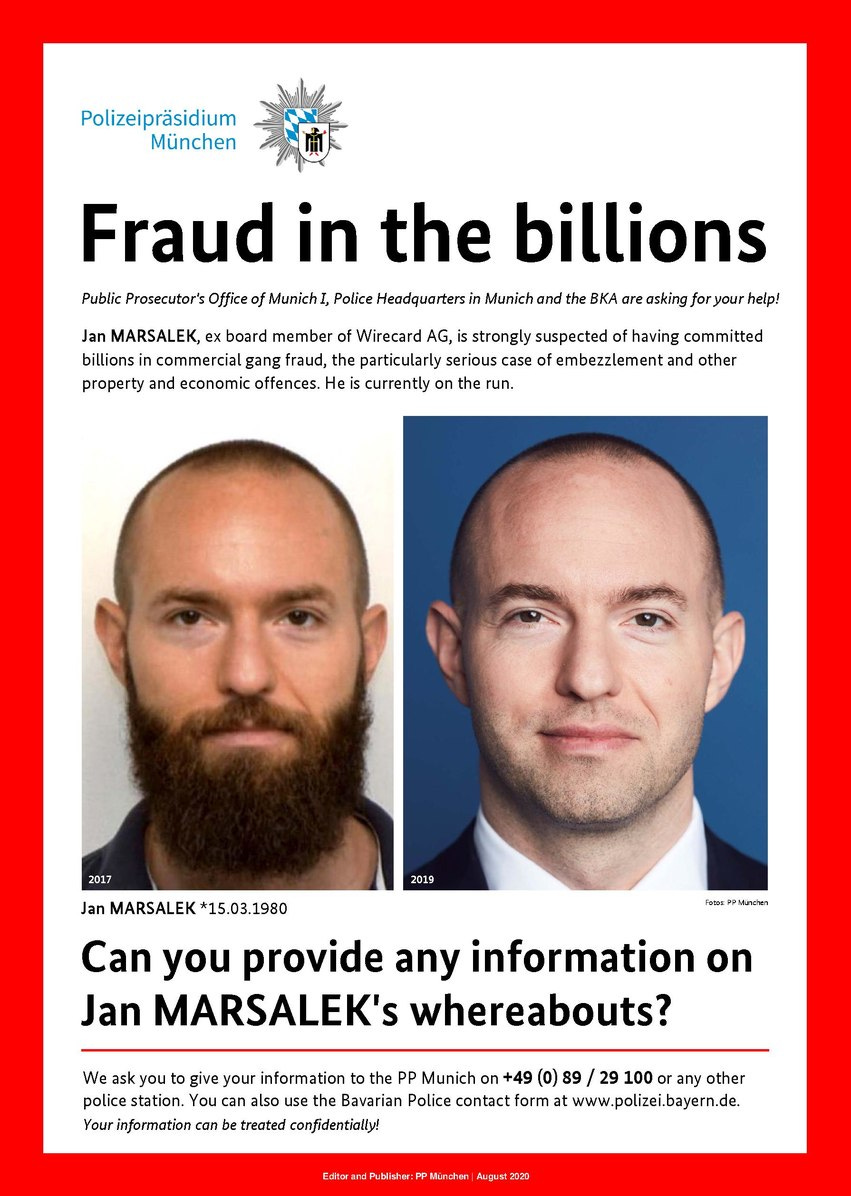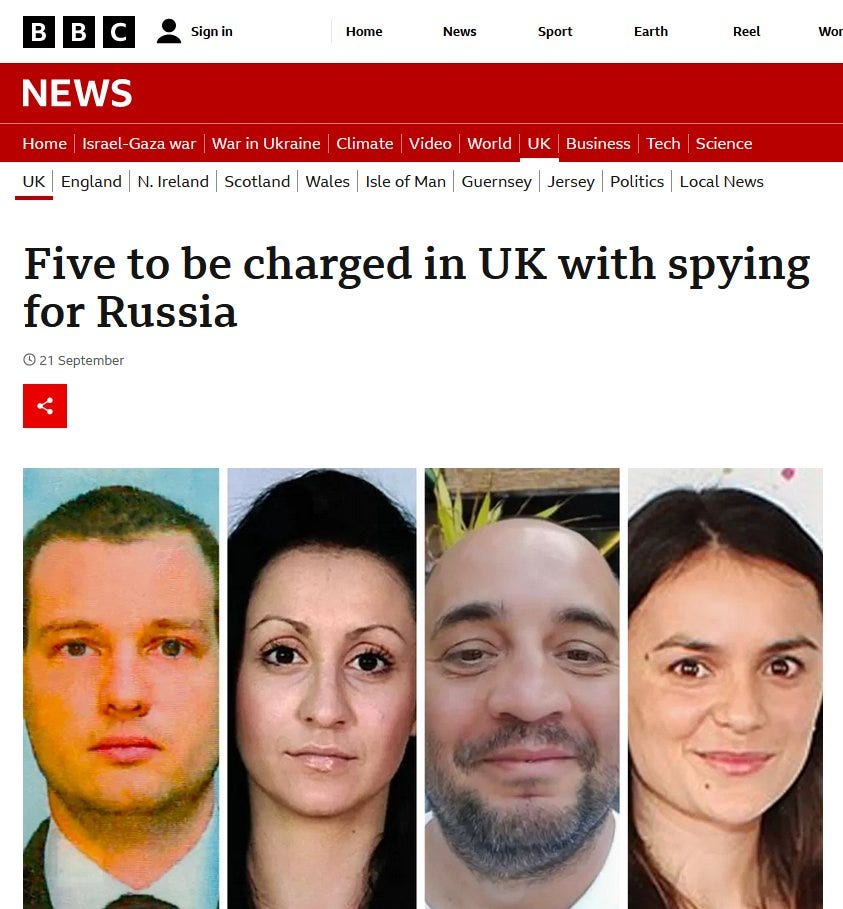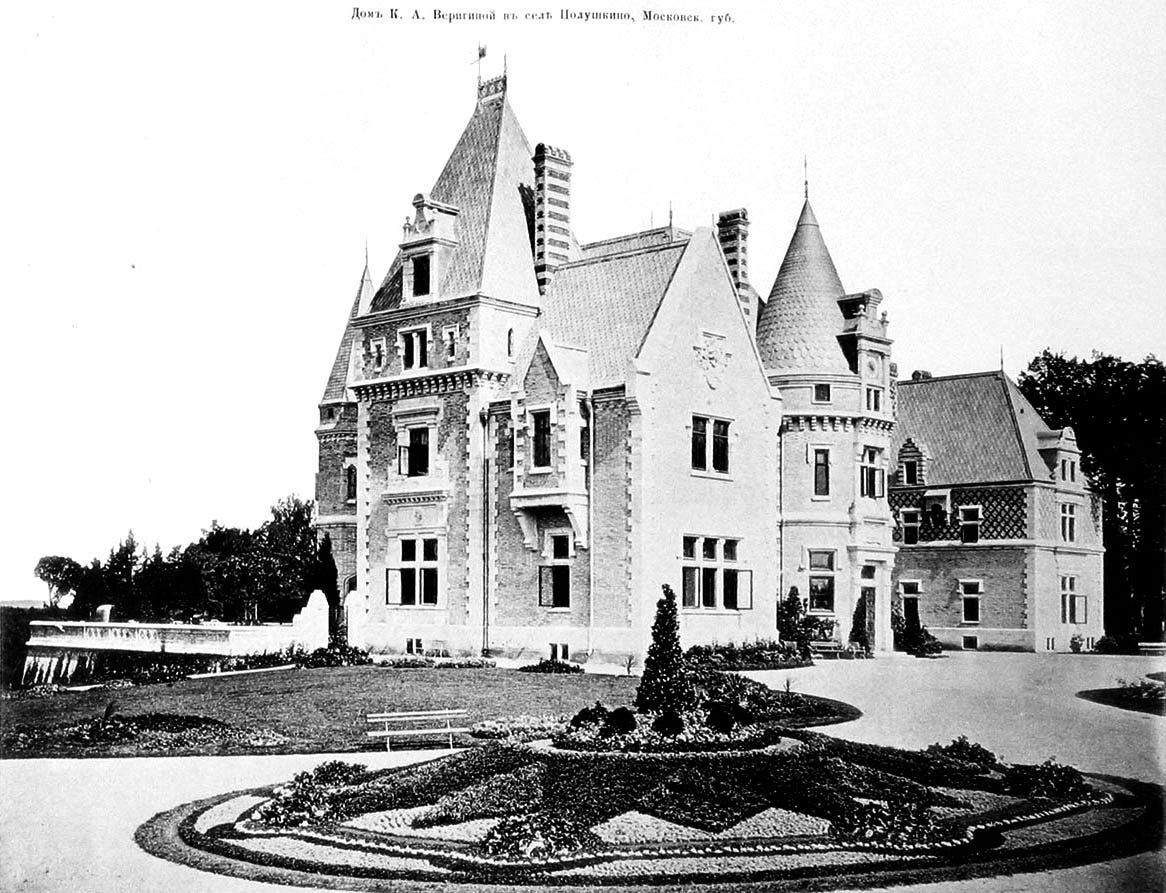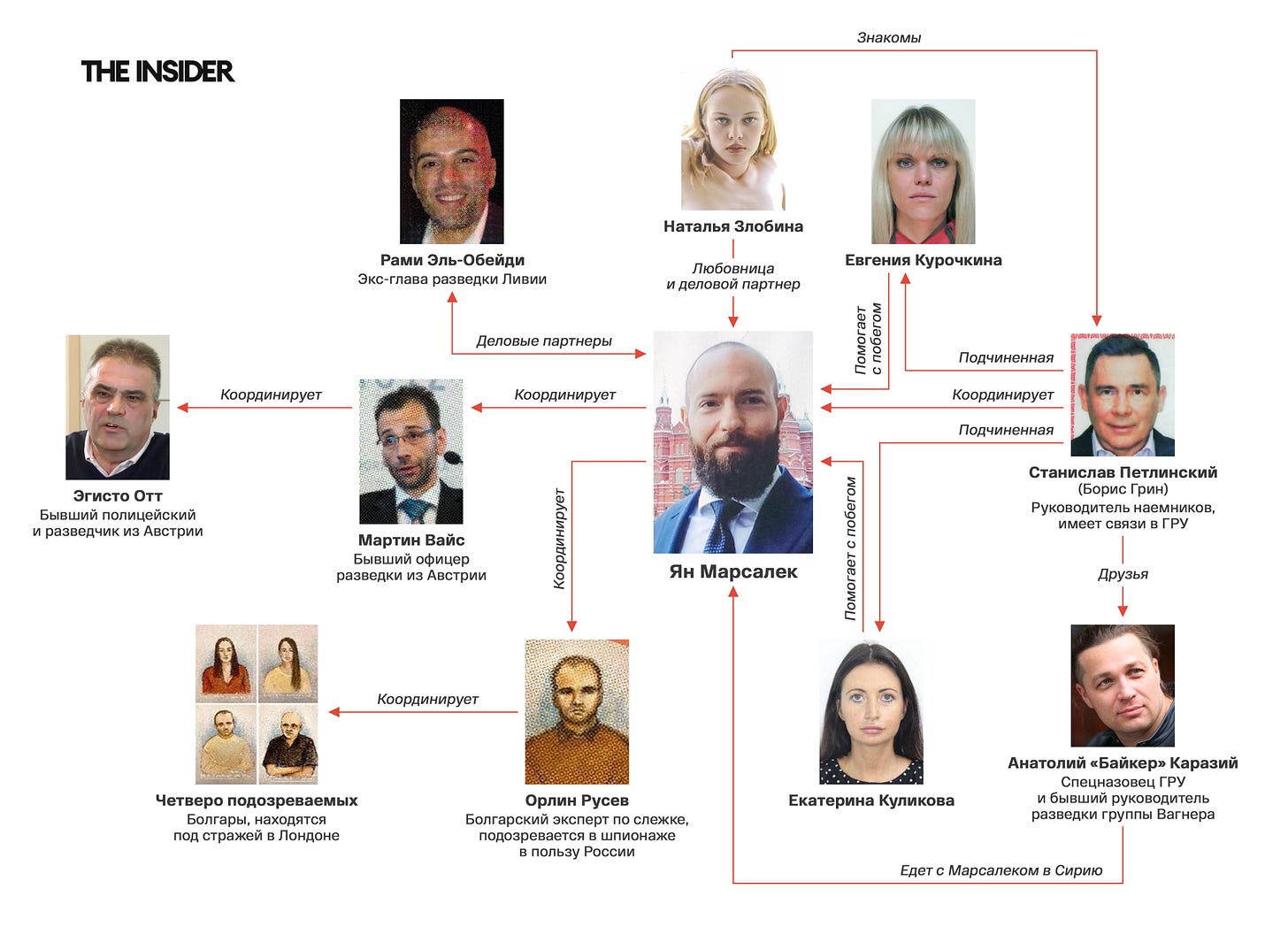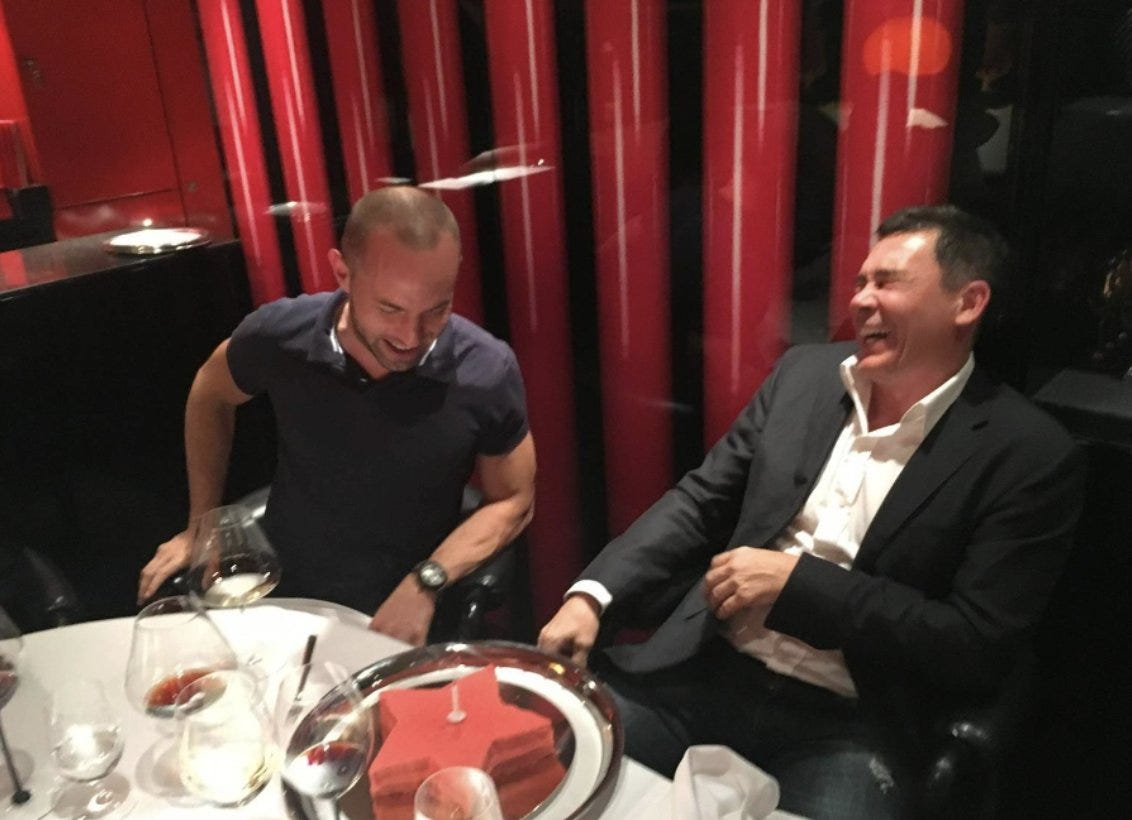BLUF (Bottom Line Up Front)
Wirecard AG, a Munich-based fintech company founded in 1999 specializing in electronic payment processing and banking services, collapsed in 2020 amid a €1.9 billion fraud scandal that revealed its infrastructure functioning as a financial conduit for global intelligence operations under former COO Jan Marsalek's influence. After rising to Germany's DAX index by 2018, the company's true operations involved laundering money, funding intelligence operations, and supporting Private Military Companies in conflict zones. Marsalek, now a fugitive financier protected by the FSB, operated a dual-track network that exploited Wirecard's financial infrastructure to facilitate transactions for multiple intelligence agencies and paramilitary groups including Wagner and RSB. Although his GRU connections are well-documented, evidence suggests Wirecard functioned as a neutral "Rick's Café" financial hub for covert operations, profiting from all sides while prioritizing personal interests rather than exclusively serving Russian interests. This case demonstrates systemic vulnerabilities, as Marsalek successfully manipulated Austrian political and intelligence structures, monitored money laundering and organized crime through Wirecard's access to sensitive information, and evaded proper oversight, with law enforcement likely turning a blind eye to the company's activities. All indications point to opportunistic exploitation by multiple actors and Marsalek being an asset of multiple intelligence services.
BND Compromise: Marsalek’s access to prepaid card data provided Russia with actionable intel on German operations, revealing institutional naivety.
BVT Destabilisation: Exploited internal tensions and helped orchestrate the destabilisation of the BVT (see, the Ibiza affair) - allowing him to act with impunity.
Money Laundering: Wirecard’s infrastructure laundered proceeds from Italian mob-linked casinos (e.g., CenturionBet) and dark-web activities. Facilitated transactions for oligarchs, such as Ukrainian Dmytro Firtash, whose accounts were opened at Wirecard Bank after other banks refused him.
Funding Mercenaries: Processed payments for multiple mercenary groups in Syria/Libya via shell companies and discussed supplying "mercenaries to fight Boko Haram"
I. Wirecard: a Financial Hub for Intelligence
Multi-Agency Exploitation:
Hyper-Fixer: Marsalek himself often boasted of having numerous security services "in his pocket." While relations with GRU are well documented, the U.S. Department of Justice also contacted Marsalek in 2019 to trace a fugitive, indicating transactional cooperation. Additionally some sources suggest Marsalek supported an airlift operation during the 2021 Kabul evacuation along with Blackwater. Some reputable source suggest relation to British and Israeli intelligence and Communications suggest Marsalek explored acquiring drone technology and satellite internet services from China to support Russian military efforts in Ukraine.
BND/BKA Engagement: Wirecard’s non-attributable fee-free prepaid cards were used by Germany’s Federal Intelligence Service (BND) and Federal Criminal Police Office (BKA) as early as 2013. These cards enabled discreet payments to agents and informants, while Marsalek’s access to transaction data potentially compromised German operations to Russia. In 2019, he ordered subordinates to create a customer database, claiming it was for the BND. The BND denied requesting this data.
Regulatory Complicity:
BaFin : Germany’s financial regulator shielded Wirecard from scrutiny despite investigations, enabling to hide €1.9 billion in fictitious escrow accounts from EY auditors and regulatory scrutiny.
Lobbying: German Chancellor Angela Merkel lobbied for Wirecard’s DAX status despite fraud warnings.
Financial Infrastructure:
Third-Party Acquirers (TPAs): Outsourced Asian operations created opaque cash flows, masking illicit transactions. TPAs like Al Alam (Dubai) and Senjo (Singapore) funneled funds through shell companies, enabling Marsalek to inflate revenues and launder money.
Non-Attributable Prepaid Cards: Issued to Federal Intelligence Service BND and Federal Criminal Police Office BKA for discreet agent payments. Marsalek exploited access to transaction data, potentially compromising German operations.
Cryptocurrency Platforms: Anonymous crypto wallets facilitated nearly untraceable transfers to operatives and front companies.
II. Jan Marsalek’s Network: Expanded Details
GRU Recruitment and Operations:
Handler Stanislav Petlinsky: GRU-linked commander, head of mercenary operations. Recruited Marsalek in 2014 via Natalya Zlobina’s “honey trap” and lucrative business proposal to expand Wirecard’s operations (July 2014 yacht meeting in Nice). Petlinsky, a GRU Spetsnaz veteran, directed Marsalek to fund Wagner in Syria/Libya and acquire PMC RSB Group for African operations.Maintains ties:
Anatoly “Biker” Karaziy (ex-Wagner intelligence head) Collaborated with Petlinsky on African operations (Libya, CAR); advised Marsalek on evading EU sanctions.
Natalya Zlobina: exploitation film actress - developed a close personal relationship with Marsalek, keeping her secret from his German fiancée. They traveled extensively together, including trips to Barcelona, Santorini, and Grozny, often using private jets. Marsalek nicknamed her “Zebra,” indicating an intimate dynamic.
Business ventures: In August 2013, she registered Bytemax LLC, a payment startup, to attract Russian investors for Wirecard. They also launched a cryptocurrency mining farm in Yakutia, Russia, using offshore accounts, which was structured as a financial pyramid scheme.
Rami El-Obeidi Role: Former Libyan intelligence head; brokered Marsalek’s deals with Wagner in Libya. He also discussed plans to establish a border force in southern Libya with Russian security specialists. Facilitated arms shipments to Khalifa Haftar’s forces via Wirecard-funded shell companies.
Wagner Coordination: Marsalek visited Wagner units in Syria (2017), discussed body-cam live streams for combat footage, and post-2020 helped reorganize Wagner’s gold/diamond laundering in Sudan/Namibia.
Skripal Poisoning: Marsalek possessed a classified OPCW report containing the chemical formula for the toxin Novichok poison used in the Skripal attack (Unit 29155). Marsaleks possession of this document was discussed by intelligence agencies around the world.
Austrian Political-Intelligence Collusion:
2018 BVT Raid: Marsalek collaborated with ex-BVT officer to funneled disinformation to the right wing pro-Russian FPÖ, triggering a raid on Austria’s domestic intelligence agency to install pro-Russian leadership. On February 28, 2018, the BVT was raided by Austrian Federal Police under orders of prosecutors acting on an anti-corruption investigation, taking sensitive info on right-wing groups known to be close to the FPÖ. Ultimately leading to the BVT to be replaced by the new DSN. This crippled Austria’s international intelligence credibility, with many Western services (e.g., Germany’s BND, CIA, etc.) reducing cooperation due to fears of leaks to Russia.
Martin Weiss & Egisto Ott: Ex-BVT officers leaked EU security data (e.g., SINA laptop breach) and falsified documents for Marsalek’s escape. Ott accessed EU police databases to track dissidents for Russia. Ott, allegedly provided documents to facilitate Marsalek’s 2020 escape. Weiss fled to Dubai in 2021 with Marsalek's help avoiding prosecution.
Austrian-Russian Friendship Society: Marsalek, a “senator” in the group, passed classified documents to the FPÖ and facilitated GRU recruitment.
Escape Logistics:
Ekaterina Kulikova: Arranged Marsalek’s June 2020 escape to Minsk via private jet, later relocating him to Moscow under the alias “Konstantin Bayazov”.
Evgeniya Kurochkina: Petlinsky’s subordinate managed safehouses in Moscow/Dubai and coordinated with Libyan ex-intel chief Rami El-Obeidi for North African transit.
Bulgarian Spy Cell: Directed by Orlin Rusev, this London-based group (5 arrested in 2023) surveilled anti-Russian targets (e.g., Christo Grozev) under Marsalek’s orders.
Orlin Rusev: spied on Wirecard critics and Ukrainian dissidents. Led a Bulgarian spy cell (4 suspects arrested in London, 2023) tasked with infiltrating anti-Russian networks.
III. African PMC Operations and Resource Exploitation
In 2017, Marsalek, through Petlinsky, acquired control of RSB Group’s operations, restructuring it into a Russian entity (OOO RSB Group) and an Isle of Man offshore firm (RSB Group Ltd.). Petlinsky’s son, Kirill Korobeynikov, held ownership stakes, while Marsalek’s associate Joe Bowman’s wife, Victoria, owned part of the offshore entity.
Wagner and RSB Group:
Libya: Wirecard funded RSB Group to secure cement plants for Khalifa Haftar, disguising operations as “mine-clearing.” RSB worked alongside Wagner to smuggle arms and launder resources. RSB Group deployed operatives to protect Libyan Cement Company (LCC) facilities, which Marsalek claimed to co-own. These operations, disguised as “mine-clearing,” supported Russian-backed warlord Khalifa Haftar, with Wirecard funds facilitating payments
Sudan/CAR: RSB Group worked alongside Wagner in Sudan, providing security for Russian interests, with Wirecard’s financial infrastructure supporting these efforts. Wagner secured gold/diamond mines, while Marsalek discussed deploying a 15,000-strong mercenary force to control migration routes into Europe.
Austrian Government Complicity:
Libyan Reconstruction Projects: The Austrian Ministry of Defense and Interior partnered with Marsalek on stabilization initiatives in Libya.
Private Military Companies (PMCs) have become indispensable players in Africa’s resource security landscape. These actors operate in a legal gray zone between private enterprise and state proxy, offering a spectrum of services from security and logistics to intelligence gathering and direct combat. Their operations are frequently aligned with the acquisition of scarce resources like oil, gas, gold, diamonds, and rare earth minerals. Marsalek’s aquision allowed him to establish a foothold in African regions critical to migration routes and resource control (trading weapons/diamonds). Some sources indicate he planned to create a 15,000-strong mercenary force to control migration flows through Libya, effectively weaponizing migration as a geopolitical tool - This force was intended to operate along key migration routes, influencing European border security dynamics.
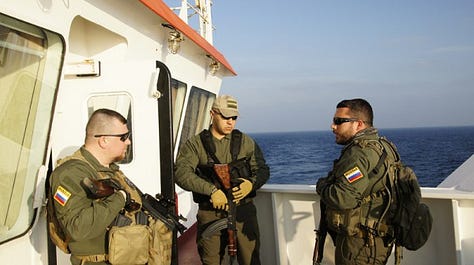
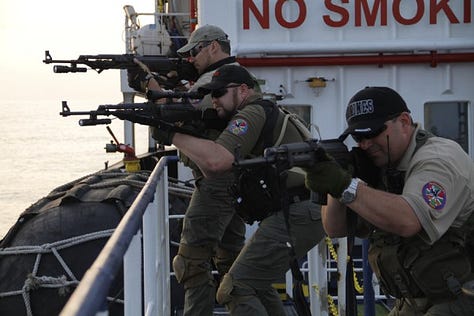
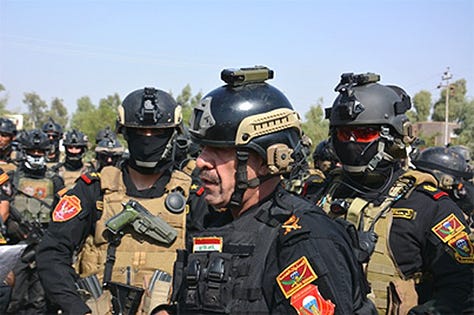
IV. Marsalek’s Psychological Profile and Current Status
Motivations: Greed, ideological alignment (grandfather Hans Maršálek was a Soviet-linked Austrian resistance fighter), and thrill-seeking (e.g., MiG-29 flights, Palmyra bazooka incident).
Escape Infrastructure: Cosmetic surgery, multiple aliases, and €80,000 rent payments to his Munich fiancée via Dubai accounts.
Current Operations: Current whereabout unknown. With most some sources claiming he is in Dubai and looking to reorganizes PMC operation post-Prigozhin in Africa operation.
Conclusion
Wirecard AG, under COO Jan Marsalek, functioned as a financial backbone of offshore gambling, pornographic websites (who are often blacklisted from access to traditional financial services) but for global intelligence and paramilitary operations. Marsalek, a GRU asset, leveraged Wirecard’s third-party non-attributable digital payment platforms to launder funds, finance operations in Syria/Libya, and compromise German intelligence as well as destabilize Austrian intelligence apparatus. The Wirecard case illustrates how modern digital payment infrastructures—particularly those offering anonymity, global reach, and weak regulatory oversight—can be systematically exploited as operational backbones for hybrid warfare. The integration of fintech infrastructure into intelligence and paramilitary ecosystems now forms the spine of global tradecraft — revealing a live operational blueprint for the future of asymmetric warfare and power projection in the grayzone of international law.
End of Brief.
[For more information on Section 14 please click here.]


